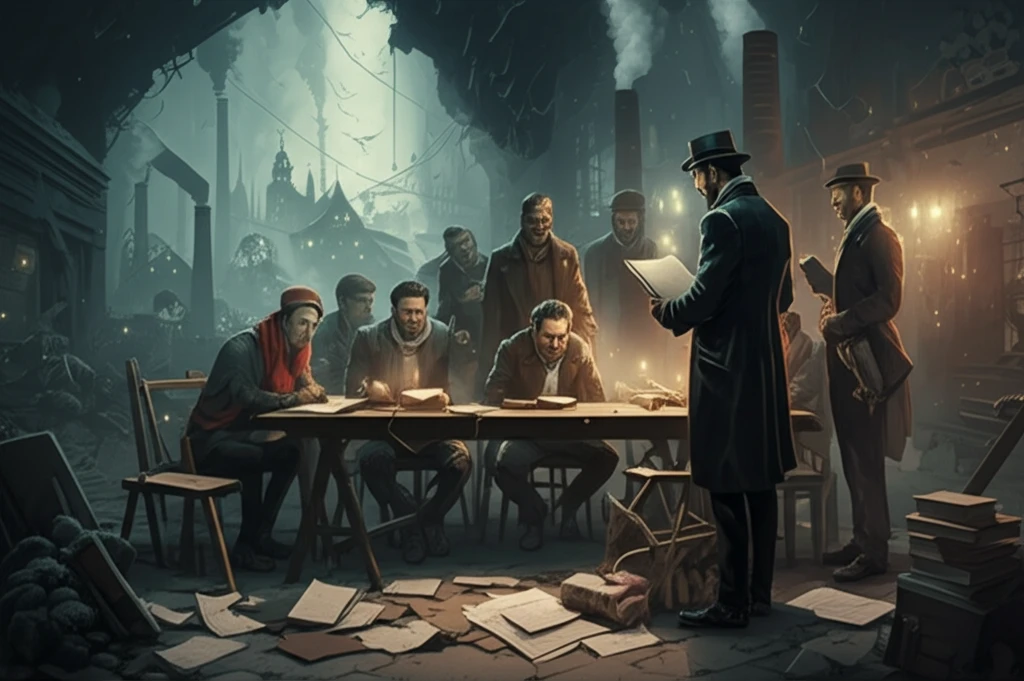
Unlock Your Potential: How 19th-Century French Workers Revolutionized Education
"Discover the forgotten story of how French artisans shaped education to empower themselves and drive economic innovation."
Georges Duveau's "La Pensée Ouvrière" (1948) offers a deep dive into the attitudes of French artisanal workers toward education during a transformative period. This classic study, though often overlooked, reveals how these workers, active between 1848 and 1870, viewed education and its potential to reshape their lives and society. Duveau highlights a period of extraordinary intellectual and social creativity in France, fueled by the changing dynamics of labor and industry.
The backdrop to this educational fervor was complex. Following Napoleon III's coup, increased police repression forced workers to innovate in clandestine ways, designing new educational approaches under the watchful eyes of the state. Simultaneously, as Thomas Piketty's work suggests, there was a growing demand for a workforce capable of meeting the sophisticated needs of an increasingly wealthy elite. This demand placed new emphasis on specialized skills, creating a unique intersection of artisanal production and emerging factory systems in France.
Duveau's work examines the debates surrounding educational policy within a labor movement dominated by skilled workers. By exploring these debates, he uncovers the central role of education in shaping class consciousness and driving social change. His analysis combines social, economic, and political forces, skillfully using popular sources to provide a coherent perspective on a critical moment in French labor history. This exploration reveals not just the historical context, but also offers insights applicable to contemporary educational challenges.
Why Education Was a Key to Class Formation for French Workers?

Duveau recognized education—whether at home, in the workshop, or in formal schools—as fundamental to class formation. His deep understanding stemmed from his broader research into working-class life. In 1931, he joined the National Center for Scientific Research (CNRS) and embarked on his thesis, "La pensée ouvrière pendant la seconde république et le second empire". Completed in 1944, this work, along with a second supporting thesis, provided a sweeping analysis of working-class social dynamics in France between 1851 and 1870.
- Access to Knowledge: Education offered workers a path to understanding their social and economic conditions.
- Skill Development: It provided the skills necessary to compete in a changing labor market.
- Social Mobility: Education was seen as a tool to improve their social standing and opportunities.
- Political Awareness: It fostered critical thinking and participation in political discourse.
- Empowerment: Ultimately, it empowered workers to challenge existing power structures.
Why This Matters Today?
The educational dynamics of 19th and early 20th century France, influenced by the interests of both the wealthy and skilled workers, offer a crucial historical understanding of education's role in shaping society. By recognizing the complex interplay between economic forces and educational aspirations, we can better appreciate how education systems evolve and adapt to meet the changing needs of society. The study of figures like Georges Duveau continues to enlighten modern discussions about education, inequality, and the future of work.
